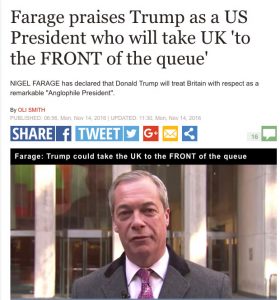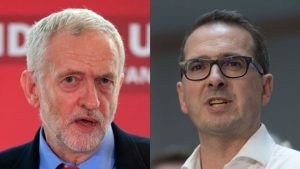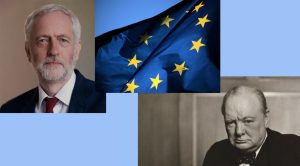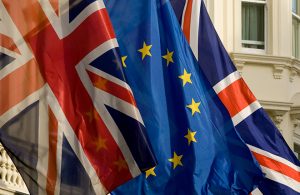 The latest example concerns the UK’s departure from the Galileo satelite navigation system.
The latest example concerns the UK’s departure from the Galileo satelite navigation system.
Former Science Minister, David Willetts, was strident on the Today programme, which was picked up with predictable force by The Express. His point is that the UK has already contributed a great deal to this, both in terms of money and technological skill, and would be willing to pay for continued participation.
But there is a rub. Part of Galileo will deliver satellite navigation which is available generally, but part of it will include encrypted resources for military use. After Brexit (if it happens) the UK would be a “third nation”, outside the EU. It would be crazy to think that the EU would be willing to share its defence facilities with a “third nation”, except in the sense tat a nation might share some things with allies in NATO. To give away core defence capabilities would, and should, provoke the same horror and anxiety as if (say) the UK handed over its defence capabilities to the USA.











 Early last autumn I blogged about Brexit as a
Early last autumn I blogged about Brexit as a